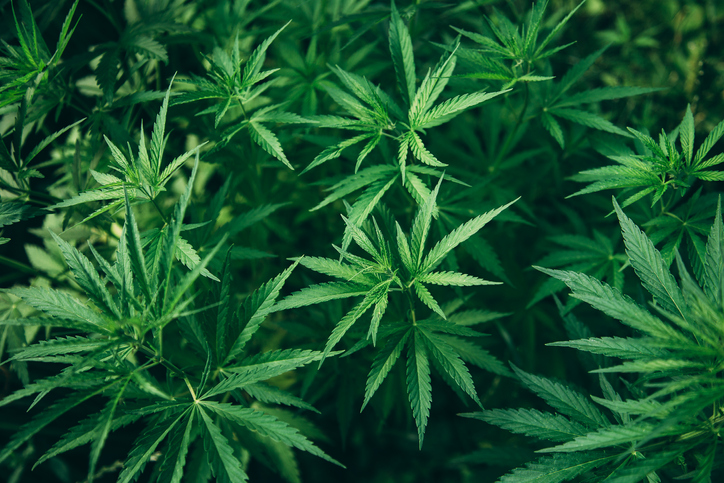 |
|
Cannabis users were found to have slower accommodative responses, possibly due to the effect the drug has on the nervous system and visual pathway and ciliary muscles. Photo: Getty Images. |
Legendary for its potential sensory changes, cannabis—the most widely consumed illicit drug worldwide—has been known anecdotally to cause blurred vision during reading tasks, and a new study backs up the assessment that countless users could likely attest to. Upon evaluating the acute effects of smoking cannabis on the dynamics of ocular accommodation, researchers recently found that cannabis use can slow the accommodative response. They noted, however, that further studies should explore the role of attention deficits.
The study included 19 people who identified as occasional cannabis users (mean age 22.5 years). The participants completed two different experimental sessions, one week apart, in random order (at baseline and after smoking cannabis).
The results indicated that cannabis use had a significant main effect on the mean accommodation/disaccommodation velocity. Response time showed a significant interaction association of outcomes with target distance and direction.
Accommodative amplitude, mean and peak velocity, accommodative lag and response time all suffered when subjects were under the influence. The authors speculate that “these variations could be due to the effect the drug has on the autonomic nervous system as well as the cannabinoid receptors present in the visual pathway and ciliary muscles,” they noted in their paper. “However, we did not observe changes in pupillary size, which is innervated by the same autonomic system as accommodation.”
According to these results, certain activities of daily living that depend on an accurate accommodative function may be affected by cannabis use, the study authors concluded. In a nice bit of understatement, they noted that “the impairments generated by cannabis use on attentional state might have influenced the accommodative responses of our participants” as well.
Ortiz-Peregrina S, Ortiz C, Martino F, et al. Dynamics of the accommodative response after smoking cannabis. Ophthalmic Physiol Opt. 2021;41(5):1097-109. |

